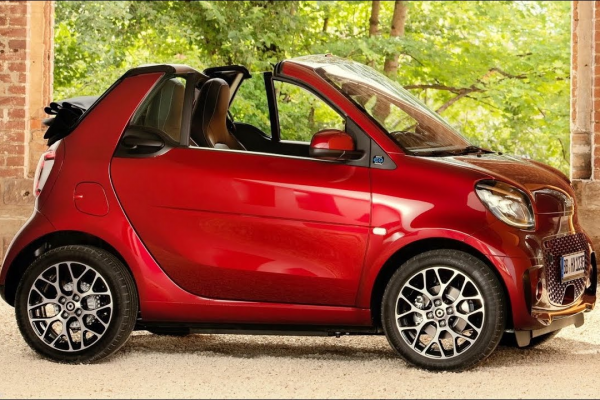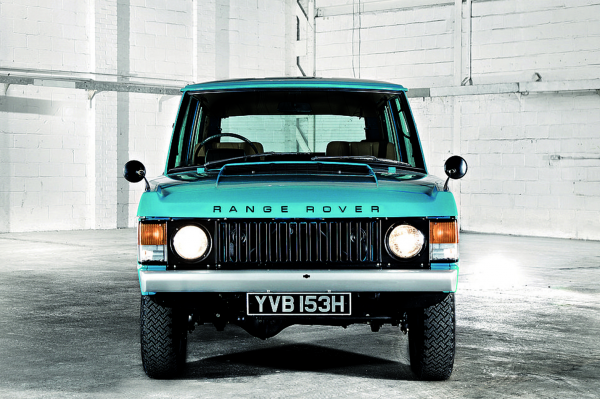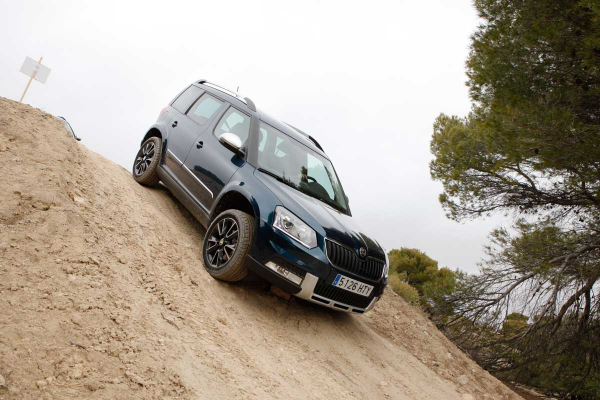
Smart car facts
-
The concept for the Smart car started in the early 1970’s.
Mercedes-Benz engineer Johann Tomforde began to explore city car concepts and designs. He created the first concept sketch, but it wasn’t until the 1990’s that Mercedes assembled a team to start the design process. They studied how to make the vehicles efficient based on how people would use them in and around the city, and how they could improve their overall driving experience. They were all about innovation and driver experience from the very beginning.
-
The “timing” is right for Smart cars
The Smart brand was officially born when successful Swiss watchmaker Swatch and established German automaker Mercedes Benz joined forces. Daimler-Benz agreed to manufacture the vehicles, helping the watchmaker get into the auto business. Their microcar name, Smart, is an acronym for “Swatch Mercedes Art.”
-
Smart cars have been around longer than you realize.
The first Smart brand microcar was in production by 1994, but not made for sale in the United States until 2008. The United States was the 37th country to sell Smart cars and sold just under 25,000 units their first year of sales.
-
These cars have city smarts.
Since microcars were created to be city vehicles, the small size was a huge part of the design. The original Smart car sketch measures 8.8 feet long, and the current models manufactured measure in at 101.6″ which is just under 8.5 feet in length. They are also very narrow measuring in at 65.5″ wide which is just under 5.5 feet.
-
Smart keeps it simple.
The Smart car brand offers limited vehicle models, two of which are named after their passenger capabilities; The Fortwo, the Forfour, and the Brabus. They come in a coupe or a cabriolet body style and have different tiers such as pure, passion, prime, or proxy. Their Proxy model is the highest option level you can get, and their most expensive Twofor model is still under $30,000 making them very affordable for such a trendy car. Unfortunately, the only models available in the U.S currently are the Fortwos.
-
The Smart car takes a cue from the VW Beetle.
The Smart car is a rear-engine, rear wheel drive car, and the package level and price have an impact on horsepower; the higher the cost, the more power you will have available. If you get the newly released fully electric version, it will come with a three-phase synchronous motor that has 80hp and goes a top speed of 81mph for a full range of 58 miles.
-
Smart is tougher than it looks.
Microcars have to have excellent safety features in place, and the Tridion Safety Cell frame is Smart car’s claim to fame. They once had a commercial featuring a large SUV placed on top of the frame in the middle of the street. While consumers were shocked to see how sturdy the Smart car frame was, the brand was later accused of photoshopping their commercials. Smart fought back with this youtube behind the scenes video to show that their Tridion Safety Cell frames are in fact that tough:


